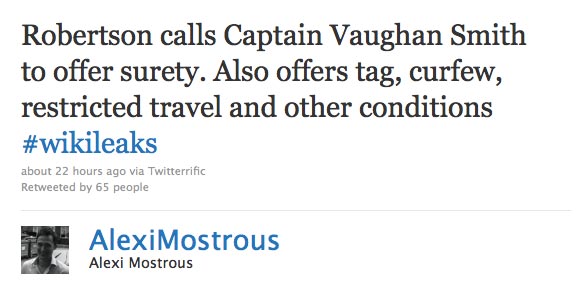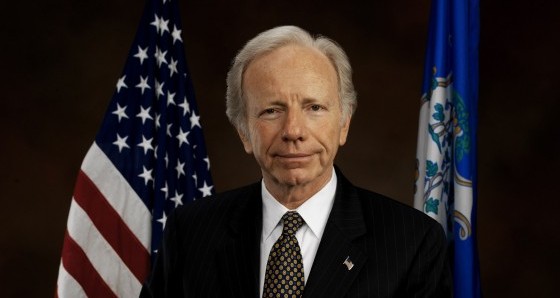WikiLeaks suspects that Google and Facebook may be under pressure from the US Government to reveal information relating to the whistleblower’s site or its members.
The claim follows a court order issued by the District Court for the Eastern District of Virginia in December and published by Salon.com [PDF], which ordered micro-blogging site Twitter to hand over information about five accounts associated with WikiLeaks, including one belonging to Julian Assange.
WikiLeaks tweeted on Saturday:
Note that we can assume Google & Facebook also have secret US government subpeonas. They make no comment. Did they fold?
The subpeona issed to Twitter claims that there are “reasonable grounds” to believe the site had information “relevant and material to an ongoing criminal investigation”. This information included IP addresses, contact information, private messages and the addresses used to access the accounts, allowing investigators to establish potential connections between users.
Despite being ordered to the contrary, Twitter notified those targeted by the subpoena, WikiLeaks’ founder Julian Assange, Dutch hacker Rop Gonggrijp, Bradley Manning and Icelandic collaborator and MP Birgitta Jónsdóttir. It is over the request for Jónsdóttir’s information in particular that Iceland has requested an explanation from US authorities.
Assange’s lawyer, Mark Stephens, said in an interview with Channel 4 News that the U.S Department of Justice is seeking to target not just WikiLeaks’ main collaborators but also the organisation’s 634,000 followers on Twitter in an “intimidatory” act.
Yesterday, The Telegraph’s Shane Richmond commented that the news of this subpoena may change the way people react to social networking sites:
There’s also a risk that cases like this one will deter people from using social networks to express controversial opinions.
What has come out of this weekend’s events is the contrast in the types of information and their availability and use. As both Richmond and Stephens note, WikiLeaks’ publishing of classified government information reflects the reporting journalists have done “for years”. The American DOJ’s demand of personal details, however, may impact upon how individuals share information in future. Richmond highlights the warning Columbia students were given regarding public online discussion of WikiLeaks, but could similar discussion soon hold risks for journalists?

